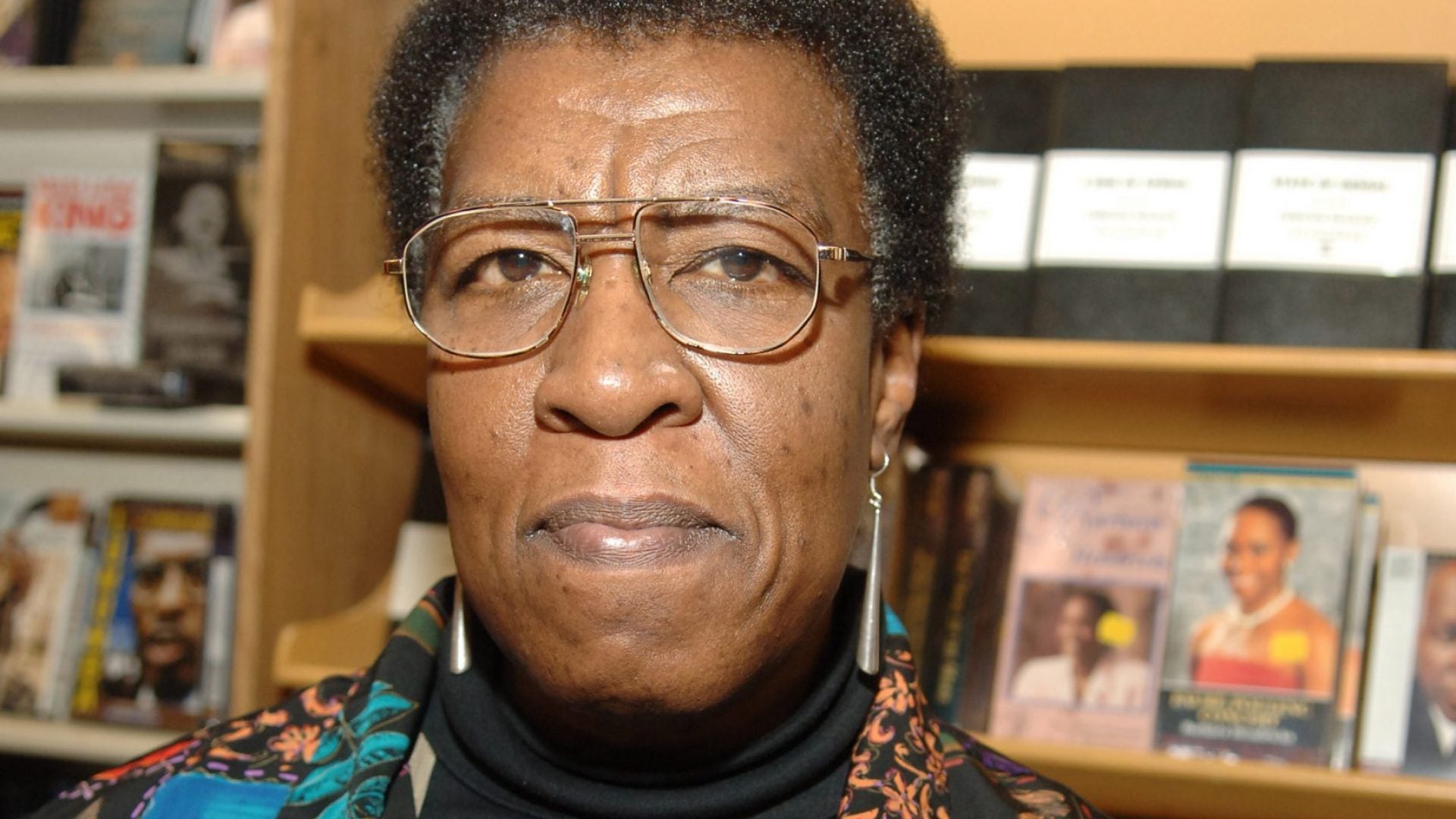
Over 30 years ago, Octavia Butler imagined a Los Angeles, consumed by fires, and last week, the cemetery where the iconic author is buried caught fire amid the ongoing wildfires impacting communities across Southern California.
The Mountain View Cemetery in Altadena, home to Butler’s final resting place, was caught in the path of the Eaton fire but sustained only “minimal damage,” according to a statement on the cemetery’s website. A spokesperson confirmed the report to the Associated Press but declined to comment on the condition of specific grave markers.
Butler, who passed away in 2006 at the age of 58, left an enduring legacy as one of science fiction’s greatest storytellers. Her grave is marked by a quote from her celebrated novel Parable of the Sower: “All that you touch, you change. All that you change, changes you.”
The phrase “Octavia tried to tell us” has made a powerful resurgence, echoing its rise during the pandemic in 2020. This renewed attention underscores Butler’s grasp of science and history and her ability to foresee shifts in American society with unsettling accuracy.
Butler’s Parable of the Sower, written in 1993 and set in a post-apocalyptic Los Angeles, feels hauntingly prescient in light of these events. In one scene, a journal entry dated ‘February 1, 2025’, she describes the ever-present anxiety surrounding fires in Robledo, a fictional town that bears striking similarities to Altadena, the historic Black community, Butler resided during the late 1990s. The Eaton fire destroyed much of Altadena, long known as a sanctuary from discriminatory housing practices. As the community grapples with recovery, fears of gentrification loom large.
Crews have since been working to clear debris from the closed cemetery. Damage appears limited to singed brush along the edges, but the surrounding neighborhood bears the fire’s scars, with damaged structures and quiet streets left in its wake.
Butler’s ability to anticipate societal challenges has long been a hallmark of her work. In Parable of the Talents, the sequel to Parable of the Sower, she imagined an authoritarian leader promising to “Make America Great Again,” a phrase she first heard during Ronald Reagan’s presidency, decades before it reemerged in modern political discourse with President Trump.
“She seems to have seen the real future coming in a way few other writers did,” said Gerry Caravan, an associate professor at Marquette University and co-editor of Butler’s work for the Library of America, in an interview with the Associated Press in 2020. “It’s hard not to read the books and think, ‘How did she know?’”
Butler herself was quick to reject the notion that she was a prophet. In a 2000 essay for Essence magazine titled A Few Rules for Predicting the Future, she reflected: “Of course, writing novels about the future doesn’t give me any special ability to foretell the future. But it does encourage me to use our past and present behaviors as guides to the kind of world we seem to be creating. The past, for example, is filled with repeating cycles of strength and weakness, wisdom and stupidity, empire and ashes.”
Butler herself dismissed the idea that she was a prophet. When asked about the grim scenarios in her Parable series, she once said, “I didn’t make up the problems. All I did was look around at the problems we’re neglecting now and give them about 30 years to grow into full-fledged disasters.”
This celebrated Black woman author of science fiction, grew up in Pasadena, near Altadena, and spent most of her life in Southern California before relocating to the Seattle suburbs. Her legacy continues to be tied to her roots. Her papers are preserved at The Huntington Library, and in 2023, a Black-owned bookstore named Octavia’s Bookshelf opened in Pasadena. Following the fire, the bookstore has become a donation hub to support the local recovery effort.
In a 2000 essay, Butler reflected on predicting the future, offering insights into how history, surprises and personal perspective shape our understanding of what’s ahead. While she imagined the worst, she framed her work as an “act of hope,” urging readers to prepare for possibilities rather than despair.
Today, Butler’s work feels more relevant than ever. Her vivid depictions of climate change, inequality and resilience remain a testament to her unparalleled ability to look at the present and imagine what lies ahead.
